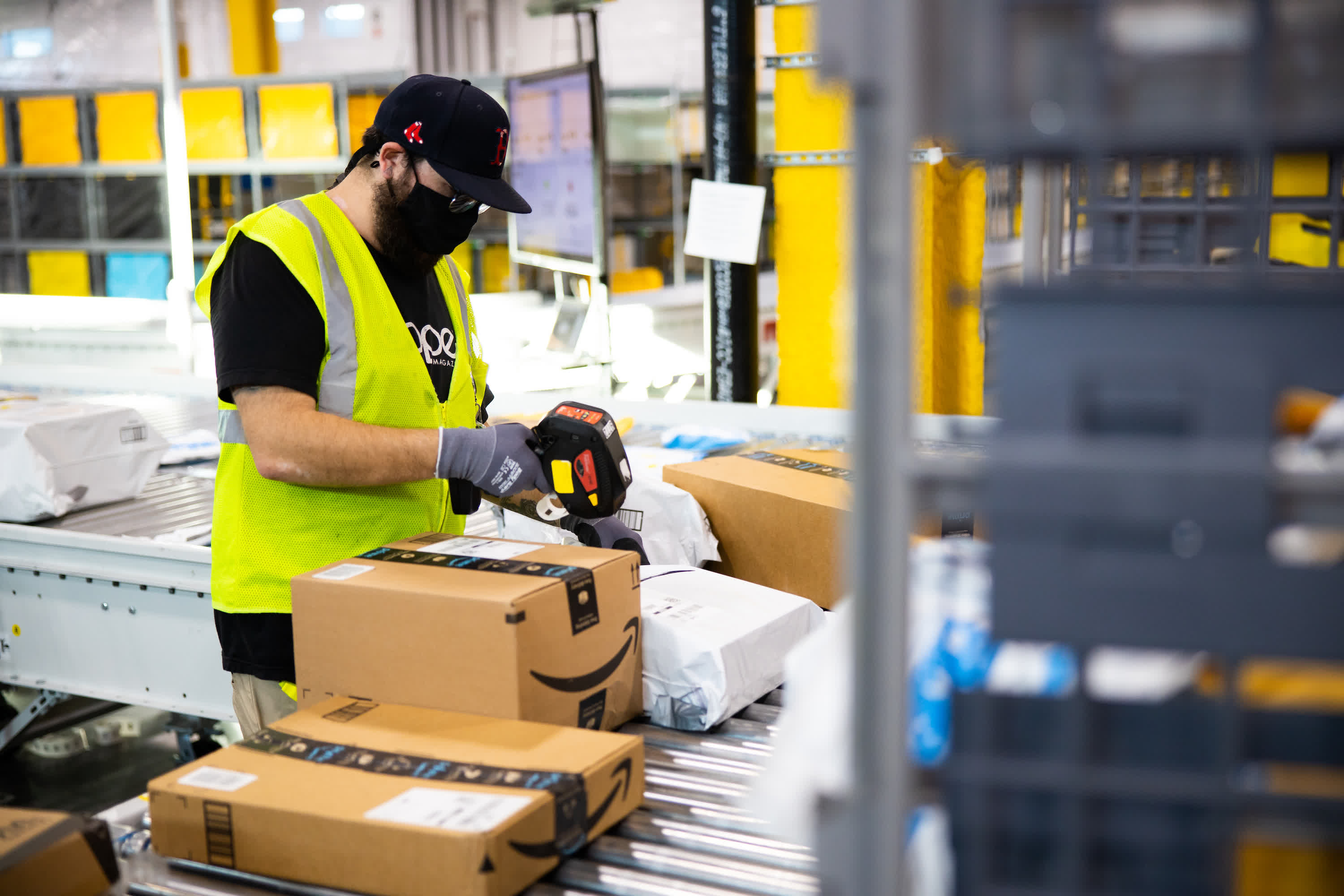In a nutshell: A redacted portion of the FTC's monopoly lawsuit against Amazon accuses the tech giant of using a secret pricing algorithm that allowed the company to see how far it could raise its prices before competitors stopped raising theirs.
The FTC filed a 172-page antitrust lawsuit against Amazon in September following a four-year investigation. The company is accused of harming the public and businesses through anti-competitive policies and conduct, which includes putting its own products first in search results and charging sellers more unless they agree to sell exclusively with Amazon. It's also claimed that Amazon punishes sellers for discounting products outside the Amazon marketplace by burying their search results. All these practices led to higher prices for consumers, states the Commission.
A heavily redacted section of the complaint reveals the existence of an algorithm codenamed Project Nessie. As reported by the Wall Street Journal, it was designed to improve Amazon's profit by raising prices on items while monitoring if competitors did the same thing. When companies such as Target didn't raise their prices, the algorithm automatically returned the Amazon item back to its original amount.
The algorithm was also used to discount goods if competitors reduced prices in sales. Amazon would keep the prices low at the end of the sale period.

Project Nessie allegedly helped Amazon recoup money and improve margins until the company stopped using it in 2019. According to a person familiar with the matter, Amazon made more than $1 billion in revenue through the use of the algorithm.
The FTC told The Reg that redactions are standard when non-public information is included in cases, adding that Amazon has 14 days after the information is sealed to provide a justification for why the data shouldn't be released.
"We once again call on Amazon to move swiftly to remove the redactions and allow the American public to see the full scope of what we allege are their illegal monopolistic practices," FTC spokesperson Douglas Farrar told the Journal.
Project Nessie is just one element of the FTC's complaint contending that Amazon's monopoly has impacted the rising prices of consumer goods across retail. The Commission said the algorithm has "no valid and cognizable justification" other than to stifle competition.
Amazon says the FTC is grossly mischaracterizing the algorithm. "Project Nessie was a project with a simple purpose – to try to stop our price matching from resulting in unusual outcomes where prices became so low that they were unsustainable. The project ran for a few years on a subset of products, but didn't work as intended, so we scrapped it several years ago," a company spokesperson said.
